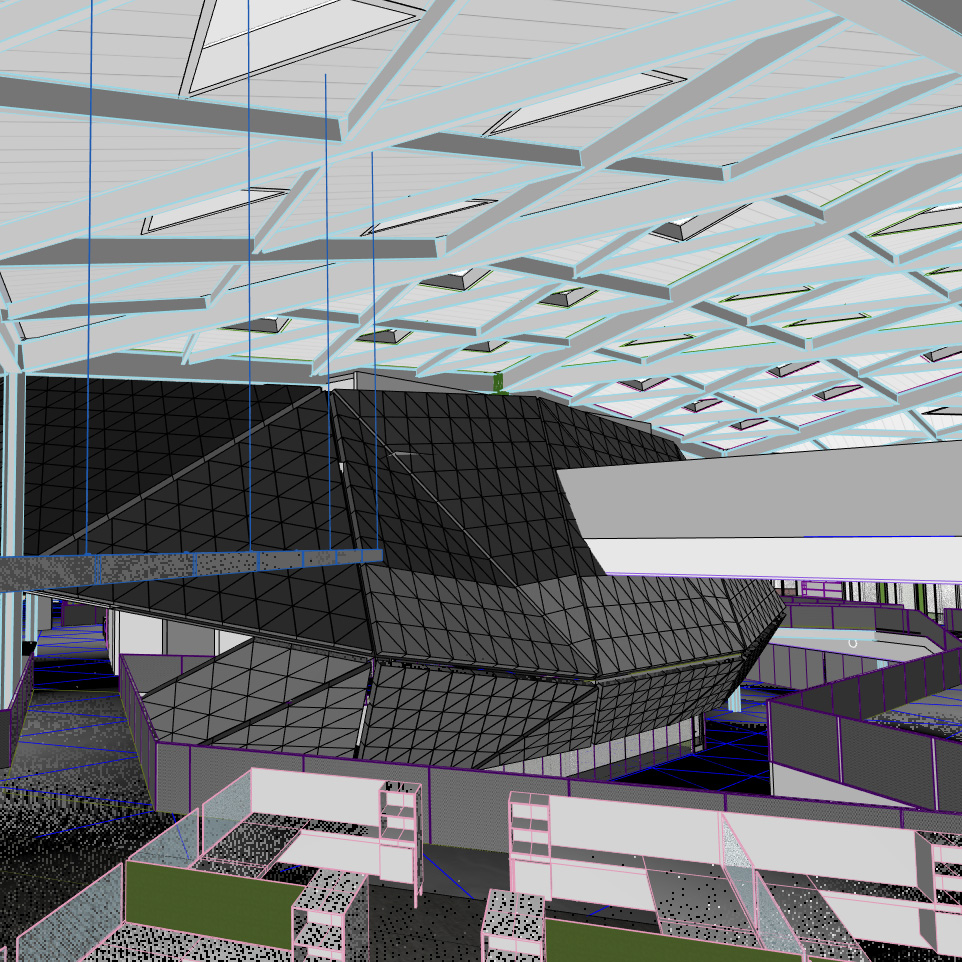He modified his testing methodology this time, he used High settings and avoided Ultra or Max settings, which contributed to the margins, this video is decieving, the guy is so self indlugent and so vulnerable about his flawed recommendation of the 5700XT over modern Turing cards, that he is willing to cheat his audience for it.
For example: last time he did that same comparison, he tested Cyberpunk at High settings, Valhalla at Very High and Watch Dogs at Ultra settings, he also tested dozens of games at their max settings.
This time he switched and lowered the quality settings a notch or two: Cyberpunk at Medium, Valhalla at High and Watch Dogs at Very High, the other dozens of games were tested using significantly lower than max settings.
Last time the 5700XT had a 15% lead over the 2060Super, now it has a 13% lead despite the lowered quality settings. So the margin is decreasing, a "finewine" aging for the 2060Super in Steve's book, necessitating the deceptive move to try and uphold his "narrative" of the 5700XT being the superior choice by lesseing the reduction of the margin.
Yeah but you have to admit, if you simply accept that they are right to:
- Ignore that for the last 18 months, the RX 5700 XT hasn't been able to match graphics effect parity with next gen consoles ...
- ... even the Series S ...
- Pretend that no-one games on 60 or 75 hz panels, or has a VRR display where they're happy to set FPS_MAX on games where they want eye candy
- Dismiss DLSS because of the admittedly inferior FSR (even though the 2060S and 3060 can do both, which surely is better than just FSR - I mean wtf?)
- Talk about the compromises that might be required for RT ...
- ... while pretending that never even having the choice of RT in any game is somehow not a fucking compromise in your GPU
- Imply that RT at 2060S levels is too slow while...
- .... ignoring the fact it's plenty fast enough for many people in many cases ... even in some of the games they're benching...
- ... and also ignore that the 2060S and especially the 3060 are faster at RT than new-gen consoles, where tens of millions of people are enjoying games with RT
I mean, if you do all that, and more .... then you can see that this was a great video for HU to put out in 2022.


